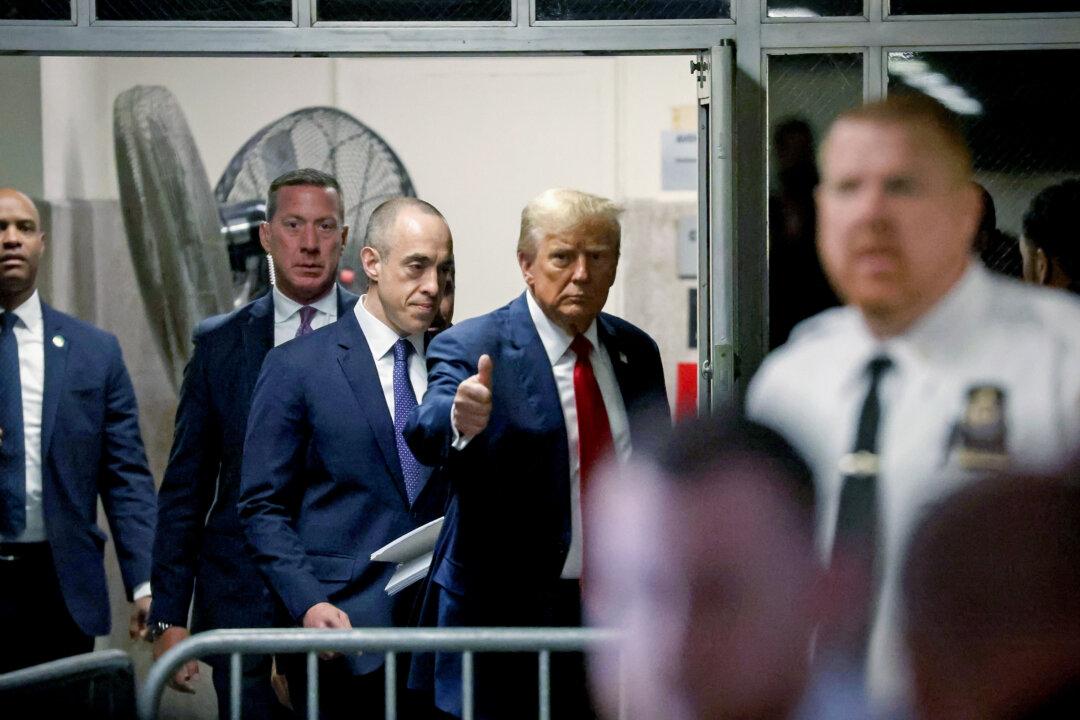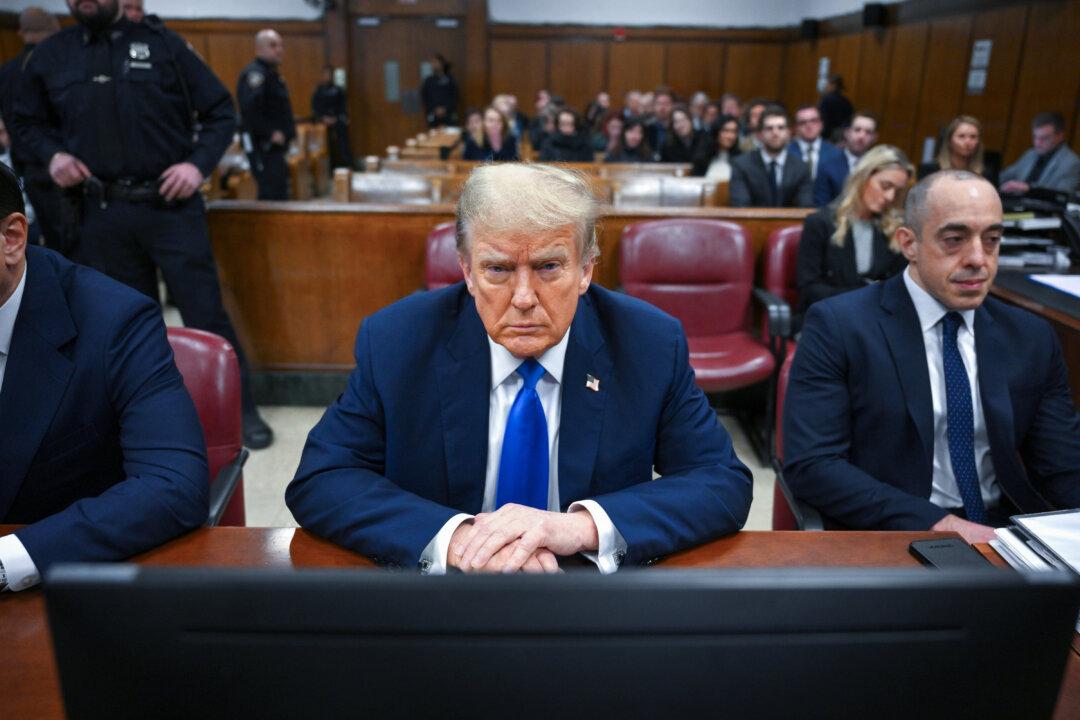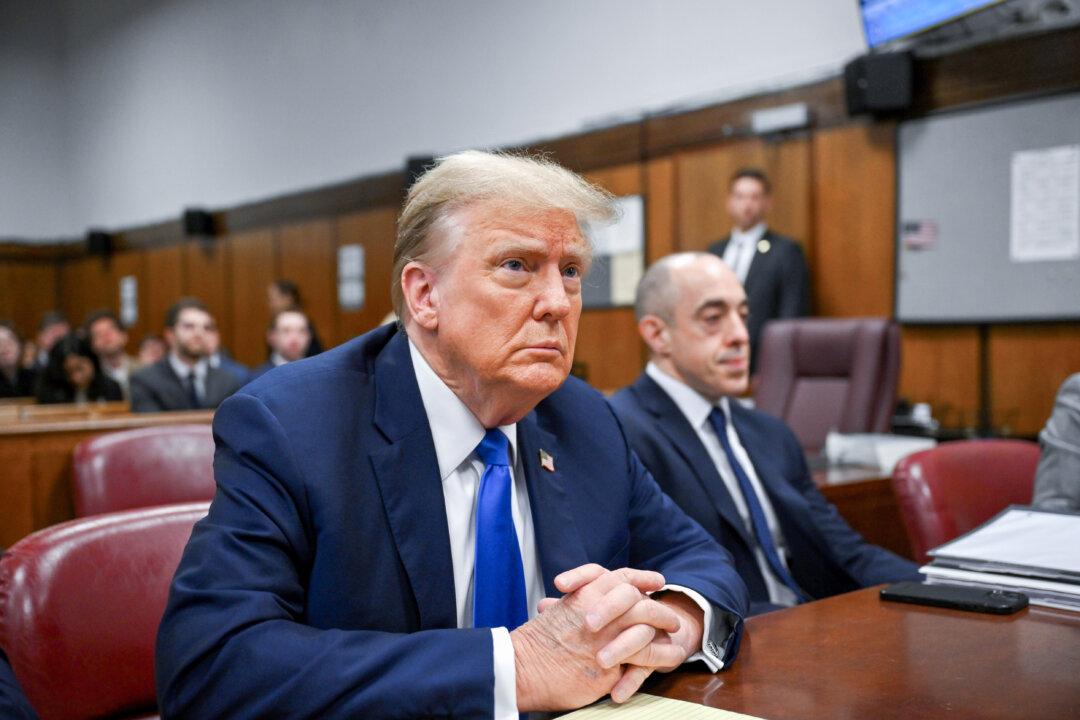NEW YORK—Ready to help New York City conserve energy, one thousand building superintendents and resident managers graduated from the 32BJ-Thomas Shortman Green Supers training program on Monday. Funded with federal stimulus money, the program garnered attention from U.S. Energy Secretary Steven Chu, who attended the graduation ceremony.
“You are essentially the front line to cut energy waste, to cut energy bills, to make New York City and the world a healthy place to live. You will go a long way in helping your buildings, your city, your country save money, save energy, and all that goes right back into the economy and creates still more jobs,” Secretary Chu said.
NYC’s buildings account for about two-thirds of its energy consumption and 77 percent of the city’s greenhouse gas emissions. The city’s buildings spend $13.4 billion annually in energy costs.
“Research has shown that by using current technology, buildings can reduce cost without making any major capital improvements,” said Howard Rothschild, the president of the Realty Advisory Board on Labor Relations.
The five-week, 40-hour training program instructs supers on identifying and fixing energy waste problems in their buildings. According to PlaNYC’s research, implementing techniques from this program can save building energy by 20-40 percent, and cut energy bills by 5 to 30 percent.
While most members took the course on their company’s time, a few individuals took time from their own schedules to complete the training.
Rothschild said that not all superintendents were eager to leave their buildings for long hours to start this training at first, but the program has proven to be a success.
Garth Chester Realty superintendent Luis Cruz said that even after 26 years of working as a building superintendent, the program was extremely educational.
“You are essentially the front line to cut energy waste, to cut energy bills, to make New York City and the world a healthy place to live. You will go a long way in helping your buildings, your city, your country save money, save energy, and all that goes right back into the economy and creates still more jobs,” Secretary Chu said.
NYC’s buildings account for about two-thirds of its energy consumption and 77 percent of the city’s greenhouse gas emissions. The city’s buildings spend $13.4 billion annually in energy costs.
“Research has shown that by using current technology, buildings can reduce cost without making any major capital improvements,” said Howard Rothschild, the president of the Realty Advisory Board on Labor Relations.
The five-week, 40-hour training program instructs supers on identifying and fixing energy waste problems in their buildings. According to PlaNYC’s research, implementing techniques from this program can save building energy by 20-40 percent, and cut energy bills by 5 to 30 percent.
While most members took the course on their company’s time, a few individuals took time from their own schedules to complete the training.
Rothschild said that not all superintendents were eager to leave their buildings for long hours to start this training at first, but the program has proven to be a success.
Garth Chester Realty superintendent Luis Cruz said that even after 26 years of working as a building superintendent, the program was extremely educational.
“It addressed issues that make you more aware where you could be moving money and where that cost saving could come into play,” Cruz said. He said that, for instance, he learned that a few corrections in his building’s boiler room alone could save $5,000-$10,000 a year.
“Even if you know how to do some of it, they help you polish [building efficiency techniques], because they show you more techniques and more ways of doing it,” Cruz said.
PlaNYC estimates that 20 years from now, 85 percent of the energy use will be from currently standing buildings, and there is a need to “green” the buildings now.
The Green Supers program is largely funded by $2.8 million in stimulus money from the U.S. Department of Labor under the American Reinvestment and Recovery Act. That will also cover another class of 1,000 by the end of this year.
Secretary Chu added that this program fits in with President Barack Obama’s building energy conservation agenda, like the Better Buildings initiative, which aims to reduce energy consumption by 20 percent by 2020, which would then save about $40 billion a year.
“By learning how to air seal a building, improve heating and air conditioning performance, and reduce overall energy use in a building’s common areas, graduates achieve a substantial savings at their buildings,” said Linda Nelson, the fund director.
“Even if you know how to do some of it, they help you polish [building efficiency techniques], because they show you more techniques and more ways of doing it,” Cruz said.
PlaNYC estimates that 20 years from now, 85 percent of the energy use will be from currently standing buildings, and there is a need to “green” the buildings now.
The Green Supers program is largely funded by $2.8 million in stimulus money from the U.S. Department of Labor under the American Reinvestment and Recovery Act. That will also cover another class of 1,000 by the end of this year.
Secretary Chu added that this program fits in with President Barack Obama’s building energy conservation agenda, like the Better Buildings initiative, which aims to reduce energy consumption by 20 percent by 2020, which would then save about $40 billion a year.
“By learning how to air seal a building, improve heating and air conditioning performance, and reduce overall energy use in a building’s common areas, graduates achieve a substantial savings at their buildings,” said Linda Nelson, the fund director.





Friends Read Free